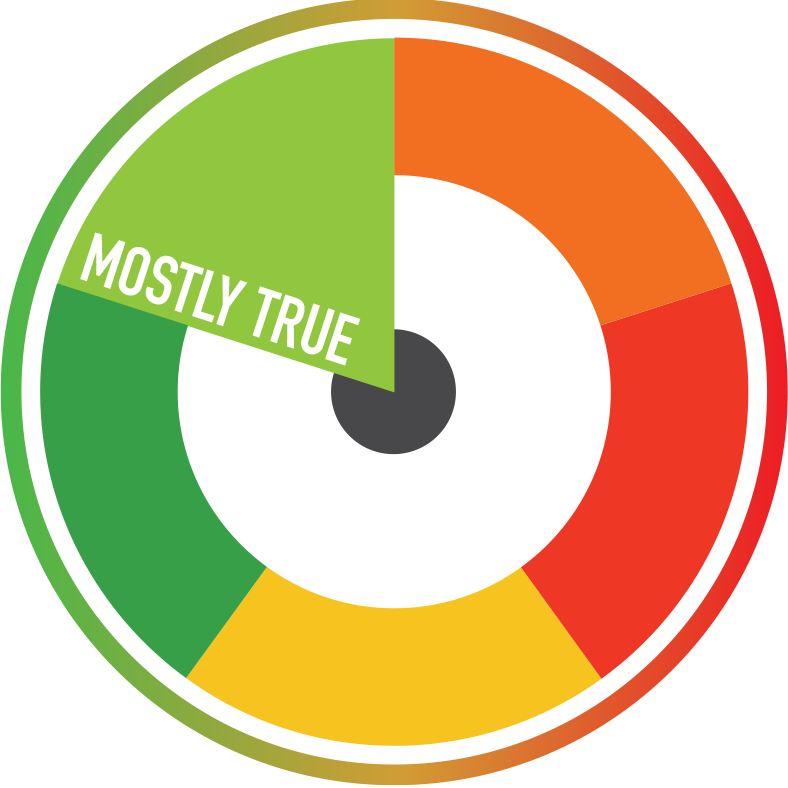Bloomberg.com states that “Last month, the bloc leaders unanimously agreed on a common vaccine certification scheme, which is a priority for tourism-dependent countries like Greece and Cyprus.”
Today, the issue of opening borders is very acute, there are reports in the press every day about this or that country going to open borders, so we decided to check one of these messages.
The discussion of this issue did take place at the first online summit of EU leaders on January 21, 2021. According to Gazeta.ru, the issue of certification was put forward by the leaders of Greece and Spain. The initiative was supported by the President of the European Commission Ursula von der Leyen. According to Gazeta.ru, she stated that: “Having a vaccination certificate is a medical requirement. Therefore, I welcome the initiative of the Greek Prime Minister for mutually recognized vaccination certificates. Whatever the decision, whether it gives priority or access to certain goods, is a political and legal decision that should be discussed at the European level”.
The Independent also reports on the unity reached at the EU virtual summit and quotes Angela Merkel. Speaking after a virtual EU summit, the German chancellor said: “Everyone agreed that we need a digital vaccination certificate.” But at the same article Independent notes, that “Southern European countries dependent on tourism, such as Greece and Spain, support such a system, but their northern EU partners have expressed doubt about whether the certificates would work.”
Euronews reports that Belgium and Germany maintain restrictions on international travel, drawing criticism from the European Commission.
DW was closer to Euronews in reflecting the point of view of Germany and France, reporting that “France and Germany have shown more reluctance, with officials saying it would create de facto vaccination obligation and could prove discriminatory”.
According to Gazeta.ru, the initiative also was not supported by representatives of Romania (“I don’t think it’s a good idea. There should be a vaccination passport, but for medical issues, not for travel,” said Romanian President Klaus Iohannis).
France also opposed passports. “This is a discussion that is unnecessary. <…> We very much disapprove of such an idea”, said French Minister for European Affairs Clement Bon.
A very important decision concerning the vaccine certificates was made on March 21, 2021, when the European Commission has proposed to create a Digital Green Certificate, which is supposed to facilitate free movement inside the EU.
Commissioner for Justice, Didier Reynders, said: “With the Digital Green Certificate, we are taking a European approach to ensure EU citizens and their family members can travel safely and with minimum restrictions this summer. The Digital Green Certificate will not be a pre-condition to free movement and it will not discriminate in any way. A common EU-approach will not only help us to gradually restore free movement within the EU and avoid fragmentation. It is also a chance to influence global standards and lead by example based on our European values like data protection.”
The Commission also adopted a complementary proposal to ensure that the Digital Green Certificate is also issued to non-EU nationals who reside in Member States or Schengen Associated States and to visitors who have the right to travel to other Member States.
Separate proposals to cover citizens and non-EU citizens are necessary for legal reasons; there is no difference in treatment of citizens and eligible non-EU citizens for the purpose of the certificates. In order to enact this decision, Member States must swiftly implement the trust framework and technical standards. According to the press release given by the European Commission the EU aims to complete these steps “in the coming months”.
Conclusion
Thus, we can conclude that the decision to use vaccination passports in EU is a controversial issue and now we can only speculate on whether the EU is really going to adopt vaccination certificates. It is however evident that lots of European politicians have a strong intention to do so, as the European Commission has officially begun taking steps towards that goal.
RESEARCH | ARTICLE © Yulia Voznesenskaya, Georgiy Borkonyuk, South Ural State University, Russia
Leave your comments, thoughts and suggestions in the box below. Take note: your response is moderated.





